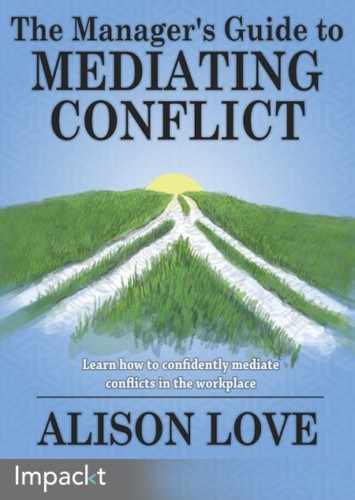Things will get fraught and emotional from time to time, and we will see in the next chapter that this is an important part of the process. As the mediator, you need to maintain a sense of calm and manage your own emotions and the process so that the emotions on display do not derail the process. It is also important to ensure that the parties do not become overly stressed to the point that their ability to communicate, listen, and think logically is impaired.
There are some fascinating studies about how one person's mood can affect others. For example, psychologists Howard Freidman and Ronald Riggio found that when a group of people are in close proximity and do not speak to each other, their mood and physiology will quickly start to align with the person in the group who is the most facially expressive. The rate of breathing and heart rates of the others in the group will start to align within a few minutes. Similarly, Caroline Bartel and Richard Saavedra found that people in meetings together shared the same mood (good or bad) within two hours.
As a mediator, if you are calm and confident, you can impact the party's moods and ensure that the parties become calmer and less stressed, which will improve their communication and also make it easier for you to manage and control the process.
You also need to manage your own emotions throughout the process. This is similar to being empathetic, but also involves you becoming aware of and connecting to your own emotions, which will improve your ability to understand both yourself and others. An important thing to remember is that we all have the ability to choose our own emotional response, which can enable you to remain composed, positive, and unflappable. This is an aspect of "emotional intelligence", and there are many books and articles on the subject. (Salovey and Mayer are leading researchers and Daniel Goleman's Emotional Intelligence – Why it can matter more than IQ made the subject popular.)
In the context of mediation, being aware of and recognizing your own emotions and the emotions of others will be a great help. A good way to improve your skills in this respect is to get into the habit of self-reflection, particularly following mediation or other emotional situations. Name the emotions and think about how you felt and why.
If at any point in a mediation process you do feel that you are struggling to manage your emotions or you are losing that cool, calm collectedness, then the best advice is to take a break. Have a timeout and refocus, think of something else for a while, and practice your breathing and posture exercises.
